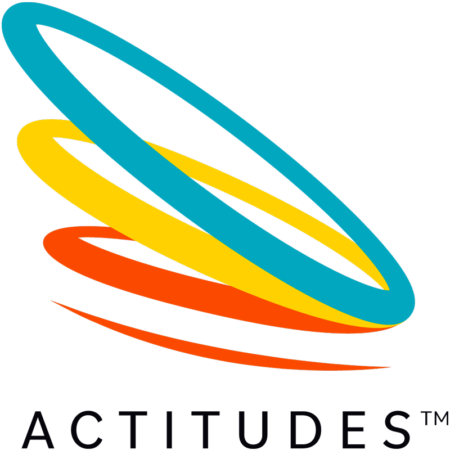Is your team getting enough recovery?
Our recent article introducing you to the Firstbeat Lifestyle Assessment has shown that for anyone who would like to improve their stress/recovery balance, a first step is to know how their autonomous nervous system responds to daily activities during work, leisure and sleep.
The next step is to debrief your results with a professional coach to set your action plan. To help you with this, we have asked Mark Guilbert, Executive Coach and Founder of Energizing the Business Athlete® to share some of his insights on what you can do to reduce the impact of stress/fatigue on the body and enhance recovery.
Interview with Mark Guilbert, expert is energy management
Frederic: Mark, you often start your conferences by saying to the audience that “Your body is business relevant”. Could we also say that “Your recovery is business relevant”?
Mark: Absolutely! Sensible management of the stress/recovery integration principle is the key to permanent success. One of my many key messages is that if you spend too much time in your performance zone (sympathetic nervous system dominance – “Fight or Flight”), you’ll need to spend more time in your recovery zone (parasympathetic nervous system dominance – “Rest & Digest”). Think of it this way; For a muscle to grow and improve its performance, it requires intense effort coupled with adequate recovery. A Business Athlete is no different. For effective work performance and productivity, it’s essential the same stress/recovery integration principle is applied. Remember; overwork and exhaustion are the opposite of resilience!
Frederic: What behaviors need to change when it comes to challenging the status quo for an individual, a team or an organization?
Mark: First and foremost, we need to stop dealing with the effects and start addressing the root cause. What do I mean? We need to stop “wrapping bandages” around the symptoms (providing meditation classes or stress management workshops, even though they can be very helpful) and start addressing the root cause…our undisciplined “Faster, Further, More” work ethic, which so many admire and emulate isn’t working. It’s a bankrupt business model. It’s man-made. It’s global. It’s destroying families. Like cancer, it’s a disease with serious implications on our functional health, and we need to defeat it…or die in ignorance!
Where or how do we start? Simply by placing responsibility for behavior directly on the human being where it belongs. Responsibility at three levels:
- Individual level – there comes a time when we must all take responsibility and be accountable for our actions. We need to embrace responsibility, not shift it!
- Organizational level – organizations need to create environments that support a more effective way of working. More importantly, instead of evaluating strength of commitment by the number of hours their employee’s work, they need to start measuring effectiveness by the value their people produce.
- Leadership level – the price of leadership is self-interest. Leadership is not a position or some title on a business card. It’s a decision. A decision to be taking care of other people’s physical, mental, and emotional wellbeing. And to do that effectively, you must pay the price of success with yourself first!
Yes, it’s true, I’m an idealist. I have a vision of a profoundly different world than the one we currently live in. I want to live in a world where the vast majority of people wake up every day feeling well-rested and inspired to work in environments that embrace a “Less is More” approach, are independent of technology (especially smartphones!), practice empathy, demonstrate generosity, promote a flourishing human community, and return home feeling fulfilled and energized to spend quality time with their family. That is not the world we live in today. But it can be if we all demonstrate moral courage!
Frederic: What are some of the DOs and DON’Ts when it comes to optimizing your recovery? What are some of the common “mistakes” that people do when it comes to managing their stress/recovery balance?
Mark: …I summarized my top 3 tips when it comes to managing recovery in this table:
| DOs | DON’Ts | |
| Sleep |
|
|
| Exercise |
|
|
| Stress/Recovery Balance |
|
|
Mark Guilbert’s short bio
Mark Guilbert, Founder and Managing Director of Energizing the Business Athlete®, is an internationally recognized authority on optimizing personal and organizational effectiveness. Since 2012, we’ve collaborated on several corporate health & performance programs, including Firstbeat Lifestyle Assessment. We have recently launched a new format of highly engaging 90-minute conferences.

